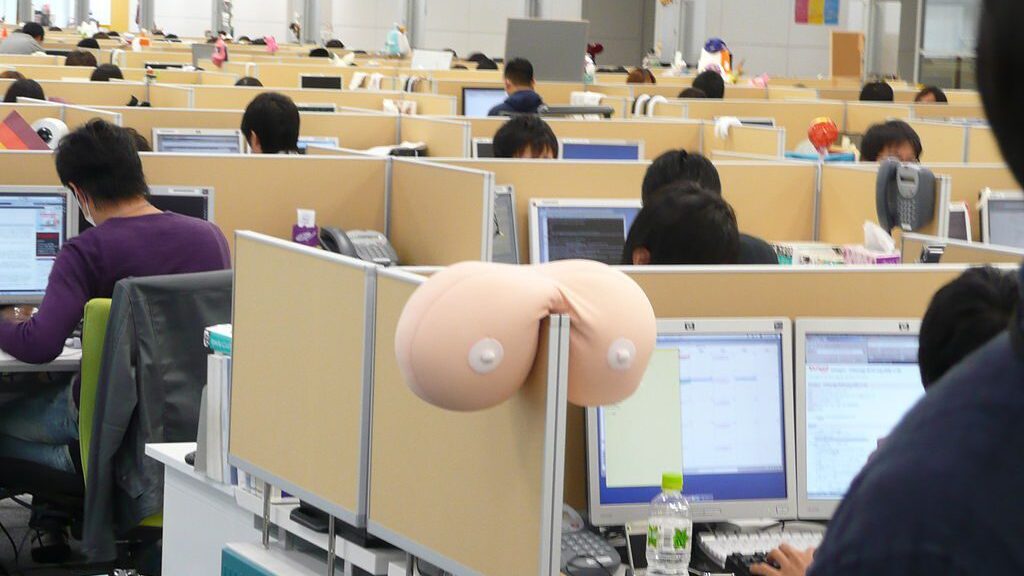
UK: Labour Plotting Ban on Silent Prayer Outside Abortion Clinics
“Free speech is under threat in Labour Britain, and so too, it seems, is free non-speech,” one critic said.

“Free speech is under threat in Labour Britain, and so too, it seems, is free non-speech,” one critic said.

They’re not wrong, says one migration expert, Labour is “full of ideologues who hate the idea of Britain’s borders.”

This is bad news for the Conservatives. But it’s far worse for democracy.

Sunak “could not be more wrong” to say Labour has no convictions; Starmer is “a dedicated dogmatic Leftist,” says commentator.

Mass immigration was a decision made by a Conservative party trapped in the Boomer Truth paradigm.

New report “offers a glimpse of the nightmare awaiting Britain under a national Labour government.”

Twenty years ago, Central Europe had the lowest birth rate in the EU. The region has seen the greatest improvement in recent years. At the same time, female employment is also at its peak, the at-risk-of-poverty rate is much lower, and real earnings are rising steadily.

The ruling class would empty the countryside of land-owning farmers, while sprawling urbanity saps the energies of demoralized workers toiling in front of their computer’s monitor.

The mass exodus of men returning to fight against the Russian invasion has left industries in Central Europe in a labour lurch.

“This allows foreign nationals to enter Portuguese territory who have come looking for work for a period of 120 days, extended to another 60 days, for a total of 180 days,” Minister of Parliamentary Affairs Ana Catarina Mendes clarified.
To submit a pitch for consideration:
submissions@
For subscription inquiries:
subscriptions@